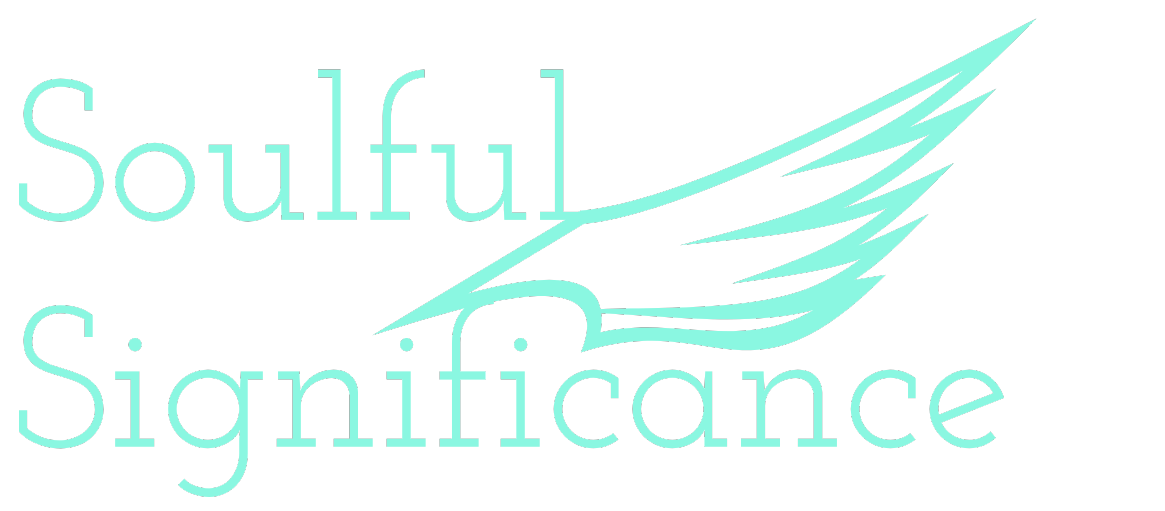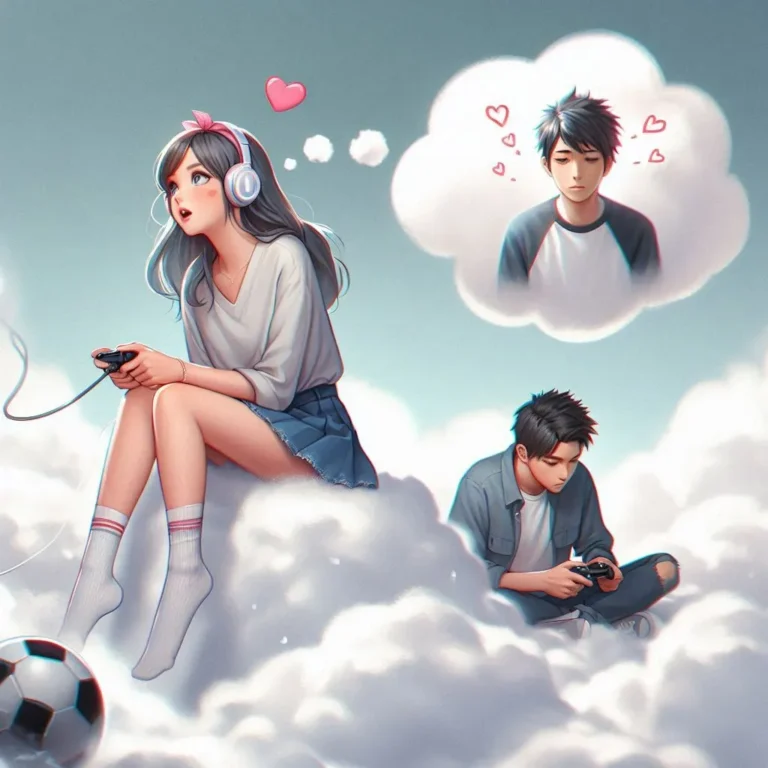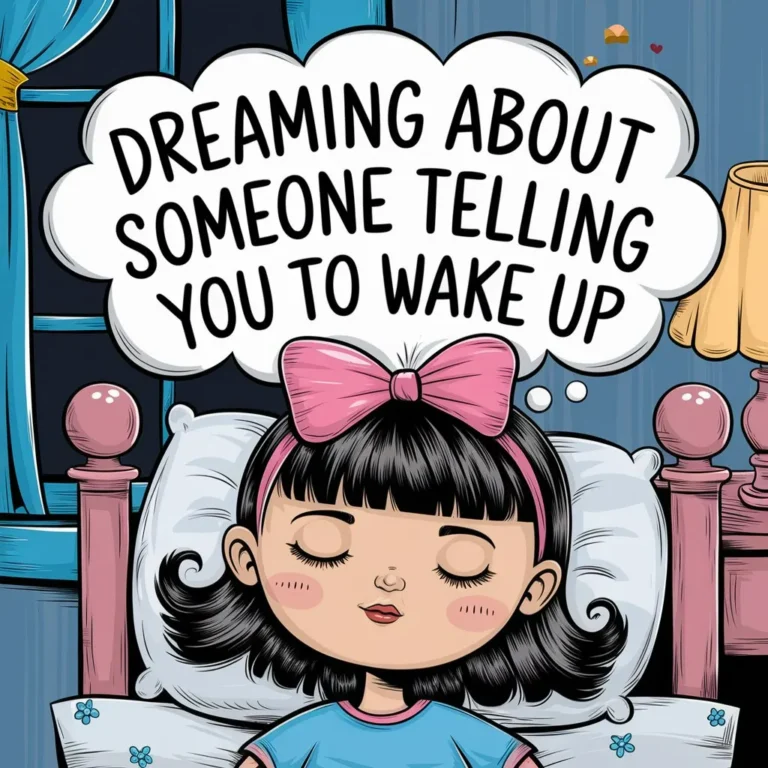The Symbolic Meaning of Being Lost in a Mall in a Dream
You’ve had the dream before: wandering through a seemingly endless mall, unable to find an exit or a familiar face. It’s a disorienting feeling, one that leaves you breathless and anxious even after you wake up. But what drives this common dream scenario?
Is it a reflection of your waking life, where you’re struggling to find direction or feeling disconnected from your goals and desires? Or is it something more primal, a manifestation of unresolved emotional conflicts or unmet needs?
As you ponder the twists and turns of your subconscious, you can’t help but wonder: what lies at the root of this dream, and what can it teach you about yourself?
At a Glance
- Dreaming about being lost in a mall symbolizes disconnection from desires, goals, and sense of self, reflecting feelings of isolation or disconnection.
- The mall in dreams represents the inner world, where one is trying to navigate through emotional complexities, unresolved conflicts, and unmet needs.
- The fear of being alone and abandonment often underlies the anxiety and disorientation experienced in mall dreams, stemming from past experiences or primal urges.
- To escape the labyrinth of thoughts, one must understand how to navigate thought patterns, challenge negative thoughts, and cultivate self-awareness and mindfulness.
- The mall as a symbol can represent social anxiety, feeling overwhelmed, or disconnection, and dream analysis can help unravel the threads of the subconscious.

Unraveling the Mystery of Mall Dreams
Wandering through a labyrinthine mall, you stumble upon a familiar yet unrecognizable landscape, where storefronts blur and corridors stretch like a maze.
This dream scenario is more common than you think, and it’s not just about getting lost in a physical space.
Mall dreams often symbolize a sense of disconnection from your own desires, goals, and sense of self. You’re traversing a seemingly endless corridor, searching for a way out, but the exits are nowhere to be found.
This feeling of being lost is a manifestation of your subconscious mind trying to process the complexities of your waking life.
Dreamscapes analysis reveals that mall nostalgia plays a significant role in these dreams.
The mall, as a symbol, represents a space where people come together, socialize, and share experiences.
However, in your dream, this space has become distorted, reflecting your own feelings of isolation or disconnection.
By examining the elements of your dream, you can gain insight into the aspects of your life where you feel lost or uncertain.
Unraveling the mystery of mall dreams can ultimately lead you to a deeper understanding of yourself and your place in the world.

Emotional Roots of Disorientation
In the depths of your subconscious, a sense of disorientation takes root, often stemming from unresolved emotional conflicts or unmet needs.
This disorientation can manifest in dreams, like being lost in a mall, where you’re wandering aimlessly, searching for a way out. The mall represents a symbol of your inner world, where you’re trying to traverse through the complexities of your emotions.
The emotional baggage you’ve accumulated over time can weigh you down, making it difficult to find your inner compass.
This compass is your intuition, guiding you towards a sense of direction and purpose. When it’s clouded by unresolved emotions, you may feel lost and uncertain about which path to take.
As you explore the mall in your dream, you’re confronting the emotional conflicts that have been holding you back.
You’re acknowledging the emotional baggage and taking the first steps towards resolving it. By doing so, you’re clearing the way for your inner compass to guide you towards a sense of clarity and direction.
Fear of Being Alone Explained
As you navigate the complexities of your emotions, you may stumble upon a deeper fear that’s been driving your sense of disorientation: the fear of being alone.
This fear is rooted in a primal urge for connection and belonging, and when triggered, it can evoke intense fear responses. Solitude anxiety, a common manifestation of this fear, can lead to feelings of disorientation, making it difficult to find your bearings in life.
When you’re lost in a mall, surrounded by strangers, this fear can surge to the surface.
The overwhelming stimuli of the environment can amplify your sense of isolation, making you feel like you’re the only one who’s lost. This fear of being alone can also be linked to past experiences of abandonment or rejection, which can further exacerbate the anxiety.
Recognizing this fear is the first step towards addressing it.
Navigating Life’s Complexities
While traversing the twists and turns of life, you’re bound to encounter moments of disorientation, where the familiar landscape of your emotions becomes unrecognizable.
It’s as if you’re wandering through an endless corridor, searching for a way out. These moments often coincide with life passages, when you’re forced to confront new challenges and uncertainties.
You may feel like you’re stuck in a never-ending cycle of self-doubt and confusion.
However, it’s crucial to recognize that these moments of disorientation are opportunities for personal growth.
By embracing the unknown and being open to new experiences, you can develop a deeper understanding of yourself and your place in the world.
You’ll begin to realize that the complexities of life aren’t obstacles to be overcome, but rather a series of stepping stones that lead to greater self-awareness and fulfillment.
As you navigate these complexities, you’ll discover that you’re capable of adapting to new situations and emerging stronger, wiser, and more resilient.

The Symbolism of Mall Architecture
Many a dream about being lost takes place within the confines of a mall, where gleaming corridors stretch out like a labyrinth, promising endless possibilities yet ultimately leading to disorientation.
As you wander through this symbolic landscape, you’re struck by the mall’s eerie familiarity.
The sterile, climate-controlled environment seems to strip away individuality, leaving you feeling like just another face in the crowd.
The mall’s architecture is a monument to our collective desire for comfort and convenience.
The open atriums and gleaming escalators evoke a sense of grandeur, but also a sense of disconnection from the natural world.
This disconnection can be seen as a reflection of our own feelings of alienation in modern life.
The mall’s nostalgic aesthetic, with its retro-futuristic vibes and faded logos, speaks to our longing for a bygone era of simplicity and community.
As you navigate the mall’s twisting corridors, you’re forced to confront the contradictions of modern life.
The mall represents both freedom and confinement, abundance and emptiness.
It’s a space where we’re free to roam, yet trapped in a cycle of consumerism.
In this sense, the mall becomes a microcosm for the human experience, reflecting our deepest desires and fears.
Getting Lost in Familiar Spaces
You’ve been to this mall countless times, yet somehow, you still manage to get lost in its familiar spaces.
The same corridors that once seemed so straightforward now twist and turn in confusing ways. You’re not alone in this experience; it’s a common phenomenon that reveals the complexities of our mental maps.
When you frequent a place, your brain creates mental shortcuts to navigate through it efficiently. However, these shortcuts can also lead to mental laziness, causing you to overlook details and rely on autopilot mode.
As you wander through the mall, you realize that your familiar routes have become mental habits rather than conscious pathways.
You’re not really paying attention to your surroundings; instead, you’re relying on muscle memory to guide you. But when something disrupts this routine, like a new store or a changed layout, your mental shortcuts fail, leaving you disoriented and lost.
This experience serves as a reminder that even in familiar spaces, there’s always more to discover and explore.
Anxiety in the Age of Consumerism
As the fluorescent lights of the mall reflect off the polished floors, a sense of unease settles in, like the faint scent of desperation wafting from the food court.
You’re surrounded by the familiar sights and sounds of consumerism, yet you can’t shake the feeling of being lost.
This disconnect between the comfort of mall nostalgia and the anxiety of being adrift is telling.
It speaks to the tension between the consumerist identity we’re sold and the uncertainty of our place within it.
You wander the corridors, searching for a sense of belonging among the endless rows of storefronts and kiosks.
But the more you consume, the more you feel like you’re losing yourself.
The mall, once a symbol of freedom and choice, now feels like a labyrinth of endless possibilities, each one leading you further away from your true self.
The anxiety of being lost in this sea of consumerism is a reflection of the anxiety of being lost in yourself.
You’re forced to confront the emptiness that lies beneath the surface of your consumerist identity, and the uncertainty of who you’re without it.
Unconscious Fears of Abandonment
Fears of being lost in the consumerist labyrinth often mask deeper anxieties, ones that lurk beneath the surface of your conscious mind.
Your subconscious is trying to process unresolved emotions, and the mall becomes a symbolic representation of your inner world.
When you dream about being lost in a mall, your unconscious mind may be tapping into your deep-seated fears of abandonment.
This anxiety can stem from childhood insecurities, such as:
- Feeling left behind or forgotten by caregivers
- Experiencing bullying or social exclusion
- Witnessing parental conflicts or divorce
- Dealing with emotional neglect or inconsistent parenting
- Struggling with feelings of inadequacy or low self-worth
These unresolved emotions can resurface in your dreams, manifesting as feelings of disorientation and disconnection.
Your dream self is searching for a way out, but the mall’s endless corridors and identical storefronts seem to stretch on forever, echoing your sense of abandonment and disconnection.
The Psychology of Spatial Awareness
While traversing the labyrinthine corridors of a mall in your dreams, your brain is simultaneously processing a complex array of spatial awareness cues, which can reveal hidden patterns of thought and behavior.
As you navigate through the twists and turns, your spatial cognition is hard at work, creating cognitive maps to help you find your way. This process isn’t just about physical navigation; it’s also a reflection of your mental state.
Your brain is drawing parallels between the mall’s layout and your own inner landscape, using spatial awareness to make sense of your emotions, relationships, and experiences.
In this dream state, your brain is actively engaged in spatial problem-solving, using visual and kinesthetic cues to construct a mental map of the mall.
This process reveals your ability to think spatially, make connections between seemingly unrelated elements, and find creative solutions to complex problems.
Escaping the Labyrinth of Thoughts
You’re traversing the dream mall, but this time, you’re not just lost – you’re trapped.
The endless corridors and identical storefronts seem to stretch on forever, a labyrinth of thoughts that you can’t escape.
Your mind wanders, stuck in thought patterns that loop back on themselves, making it impossible to find a way out.
As you navigate this mental maze, you begin to realize that the dream mall is a symbol of your own mind.
The stores represent different aspects of your thoughts, emotions, and desires.
The corridors symbolize the connections between them.
To escape, you must understand how to navigate these thought patterns and break free from the cycles that keep you trapped.
- Identify the triggers that lead to mind wandering
- Recognize the patterns that keep you stuck
- Challenge negative thoughts and replace them with positive ones
- Practice mindfulness to stay present and focused
- Cultivate self-awareness to understand your own thought patterns and emotions
Dreams as Reflections of Reality
As you break free from the labyrinth of thoughts, you begin to realize that the dream mall, with its endless corridors and identical storefronts, is more than just a symbol of your mind – it’s a reflection of your waking reality.
This dream is an invitation to explore the unconscious mind, where personal symbolism and hidden fears reside. Dream analysis can help you unravel the threads of your subconscious, revealing patterns and emotions that influence your daily life.
The dream mall, with its familiar yet disorienting landscape, may symbolize feelings of being lost or disconnected in your waking life.
Perhaps you’re struggling to find direction in your career or feeling overwhelmed by the demands of adulthood. The identical storefronts could represent a sense of monotony or stagnation, urging you to break free from routine and explore new possibilities.
The Comfort of Familiar Landmarks
Beneath the dream mall’s bewildering layout, familiar landmarks emerge as comforting oases, offering a sense of stability in the midst of disorientation.
You find solace in these familiar escapes, which serve as personal anchors, grounding you amidst the chaos.
These landmarks can take many forms:
- A favorite coffee shop, its aroma and atmosphere evoking a sense of comfort and routine
- A specific storefront, its logo or display triggering a memory or emotional response
- A particular corridor or staircase, its layout or design providing a sense of familiarity
- A beloved restaurant, its menu or decor offering a sense of consistency and predictability
- A public art installation, its presence providing a sense of continuity and connection to the physical space
These familiar landmarks provide a sense of control and agency, allowing you to momentarily regain your bearings and reorient yourself within the dream mall’s labyrinthine layout.
They serve as a reminder that, even in the most disorienting of situations, there are still elements of familiarity and comfort to be found.
The Dark Side of Social Anxiety
Familiar landmarks provide a sense of comfort, but they can also serve as a reminder of the social pressures that exist beyond the dream mall’s walls.
You’ve navigated the corridors, avoiding the judging gaze of strangers, and found solace in the familiarity of your favorite stores.
Yet, the comfort is short-lived, as the pressure to conform to public expectations begins to creep in.
You feel the weight of social pressures, the need to fit in, to dress a certain way, to behave according to unwritten rules.
The mall, once a haven, now becomes a symbol of the anxiety that grips you in your waking life.
As you wander the dream mall, you’re forced to confront the parts of yourself that you’ve tried to hide.
You see the reflections of others, their faces a blur, their eyes judging, their whispers criticizing.
The corridors seem to narrow, and the air thickens with the fear of being found out, of being rejected.
The dream mall, once a place of comfort, has become a maze of anxiety, where the only way out is to face the social pressures head-on.
Breaking Free From Mental Mazes
While traversing the dream mall, you’ve come face-to-face with the darker aspects of your own psyche, and the reflections of others have forced you to confront the parts of yourself you’ve tried to hide.
This confrontation can be unsettling, but it’s a pivotal step towards breaking free from the mental mazes that confine you.
To achieve mental freedom, you must:
- Acknowledge your fears: Recognize the anxieties and doubts that hold you back from fully expressing yourself.
- Let go of the need for validation: Stop seeking approval from others and focus on cultivating self-acceptance.
- Tune into your inner compass: Listen to your intuition and trust your instincts to guide you towards your true north.
- Challenge negative self-talk: Reframe critical inner voices and replace them with empowering affirmations.
- Embrace your uniqueness: Celebrate your individuality and reject the pressure to conform to societal norms.
Deciphering the Language of Dreams
Five layers of symbolism await deciphering in the domain of dreams, where your subconscious mind speaks to you in a language that’s both personal and universal.
To crack the code, you need to develop a deeper understanding of your own symbolism. Start by reflecting on your waking experiences, emotions, and desires.
How do they manifest in your dreams? Look for recurring themes, emotions, and characters. Are you always lost in your dreams, or is it a new experience?
In dream analysis, every detail counts. The mall, as a symbol, can represent different aspects of your life, such as social anxiety, feeling overwhelmed, or a sense of disconnection.
Your sleep patterns also play a vital role in shaping your dreams. Are you getting enough sleep? Are you experiencing stress or trauma that’s affecting your sleep quality?
FAQs
Can Recurring Mall Dreams Predict Real-Life Events or Changes?
You’re wondering if recurring dreams can forecast real-life events or changes. Research suggests they might, as your subconscious hints at impending life shifts through symbolic dreams, urging you to prepare for the unknown.
Do Mall Dreams Have Any Connection to Past Traumatic Experiences?
You may be unknowingly linked to past traumatic experiences through childhood memories that still linger, emotional suppression being a catalyst for these repressed feelings to resurface in symbolic forms, such as getting lost in a dream mall.
Can I Intentionally Induce a Mall Dream for Personal Insight?
You can tap into your subconscious by using mindfulness techniques and dream incubation to intentionally induce a revealing dream, allowing yourself to unravel hidden emotions and gain profound personal insight into your inner world.
Are Mall Dreams More Common Among People With Anxiety Disorders?
You might wonder, are certain individuals more prone to getting lost in their subconscious, mirroring their waking struggles? Research suggests that people with anxiety disorders, particularly those with mall phobias or social anxieties, may experience this phenomenon more frequently.
Can Lucid Dreaming Help Me Overcome Fears in Mall Dreams?
You can harness the power of lucid dreaming to confront and overcome fears by practicing dream journaling, allowing you to reflect on your subconscious emotions and gradually face your anxieties, leading to a sense of empowerment and control.

I’m Eliza Trinity, a spiritual guide and writer at SoulfulSignificance.com, where my mission is to illuminate the path of spiritual fulfillment through Christ’s teachings. With a Theology degree and a counseling background, I blend biblical wisdom with real-world insight to support those on their journey to discovering their soul’s significance.




